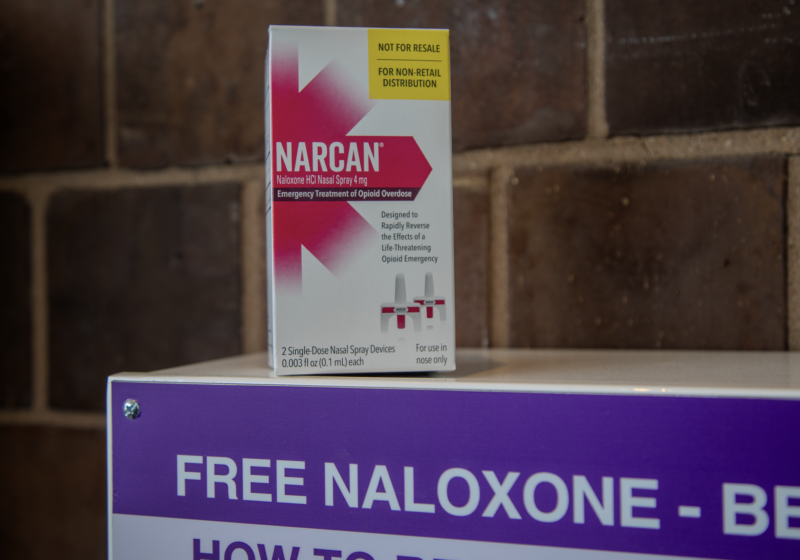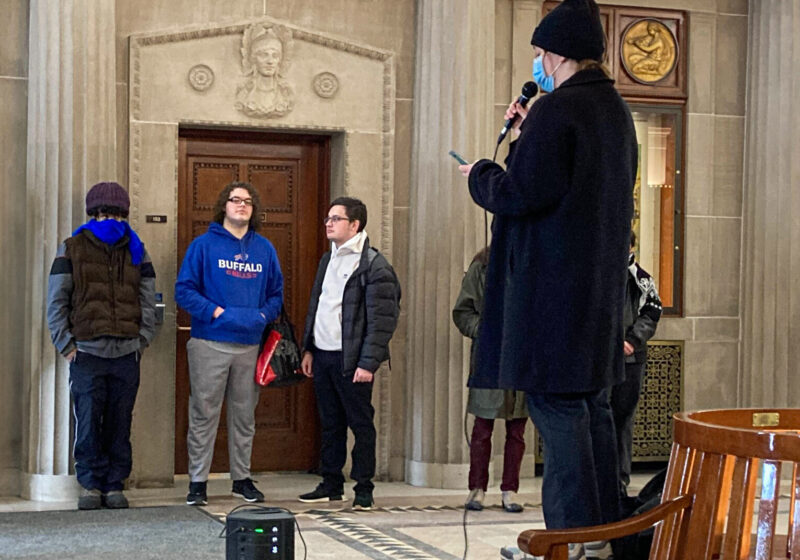Rochester Mayor Robert Duffy’s plan for control of the Rochester City School District received a stamp of approval from 19 area college presidents, including UR President Joel Seligman, on Tuesday.
In a letter e-mailed to the Democrat and Chronicle and published on its Web site, area college presidents cited this year’s expected 46 percent citywide graduation rate, among other shortcomings in the school district, as a call to action.
‘We urge action,” the presidents wrote. ‘The stakes are very high. The current system of
school governance is not working for our children.”
They argued that accountability of the school system would ultimately reside with the mayor and urged the community to give Duffy five years to implement his plan.
According to the Democrat and Chronicle, Duffy met with the presidents on Feb. 3, and secured unanimous support for his proposal by the meeting’s end.
‘My support for this initiative was based on one paramount consideration: my deeply held commitment to support efforts that create greater opportunities for students in the Rochester City School District,” Seligman said of his decision to support Duffy.
Seligman cited that other major cities have moved to mayoral control, with positive results.
‘There is considerable evidence that this has had a positive impact in several cities,” he said. ‘I take Mayor Duffy at his word that no funds for schools will be shifted to other purposes.”
The letter comes at the heels of the teach-in, organized by a Margaret E. Warner School of Education and Human Development Professor Ed Brockenbrough two weeks ago.
The discussion, which brought concerned neighbors and Warner students together, was marked by community concerns about poverty in declining school achievement.
In their letter, the presidents acknowledged that well-entrenched poverty underscores the urgency for change in the school system.
‘The high rate of poverty in the city makes an effective K-12 system of education all the more important here if we are to give our students an opportunity to succeed in a rapidly changing global environment,” they wrote.
However, some in the community and at UR question whether mayoral control will help the situation.
Warner Associate Professor David Hursh, who spoke at the teach-in, was not convinced that shifting the organizational structure of school districts would improve students’ learning environment.
‘I think it’s more complicated than test scores, which seems to be what they’re looking at. It also requires looking at other issues such as poverty in the city,” Hursh said.
‘[Seligman] can speak out in support of them. I’m glad the University shows its concern for city school districts.”
Leber and Willis are members of the class of 2011.




